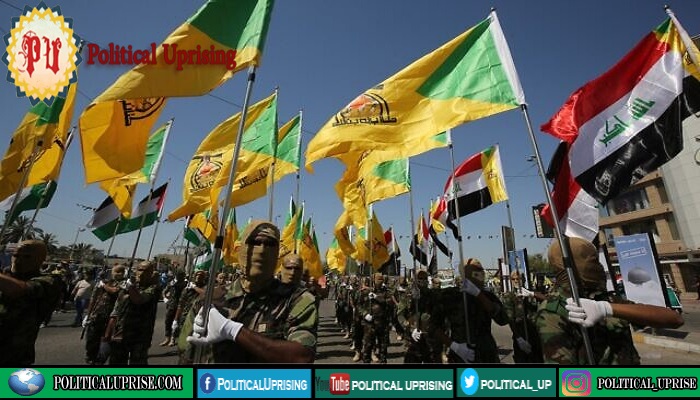Lebanon PM Hariri is trying hard to convince Protesters to end their nationwide strike.PM announces reforms including cutting salaries of politicians.
A nationwide general strike has been called across Lebanon for Monday as protests, demanding an end to economic woes and perceived government corruption, are set to continue for a fifth day.
Protests have grown steadily across the country since people took to the streets on Thursday in response to a proposed tax on WhatsApp calls and other messaging services.
The call for a strike has come despite pledges of reforms by Prime Minister Saad Hariri and the resignation of government ministers on Sunday.
Banks in Lebanon will remain closed on Tuesday, according to a statement from the Lebanese banking association, circulated on the National News Agency.
Read More: Journalist freed in extramarital sex and abortion case
The statement said the association was waiting for calm to be restored.
On Monday, banks, schools and local businesses were shuttered as protests entered their fifth day.
Protesters gathered in the main Martyr’s Square and throughout Beirut listened to Prime Minister Hariri’s announcement on loud speakers.
“Revolution, revolution,” chanted many of those gathered when he finished
“We want the fall of the regime,” they continued.
The raft of reforms announced by Prime Minister Hariri did not go far enough for some protesters on Monday.
Protestors also call for following demands:
The resignation of the government, who they accuse of widespread corruption.
Handing over power to a council of non-political judges until elections can be held.
Lebanon approved reforms and the 2020 budget following five days of protests, Prime Minister Hariri announced on Monday.
The reforms and budget include:
Cutting the salaries of some current and former presidents, ministers, and lawmakers in half.
Abolishing several state institutions, including the Ministry of Information.
Passing a law to establish an anti-corruption committee by the end of the year.
Drafting a law that seeks to restore stolen public funds.
Appointing regulatory bodies for the power sector, telecommunications, and civil aviation “as soon as possible”.
Creating no new taxes in 2020 budget.
Slashing the budget of the agency in charge of development and construction by 70 percent, along with cutting the budget of other state bodies.
Reducing by $663mn the deficit in the power sector, which bleeds state funds while failing to meet the country’s needs.
Speeding up the process of awarding contracts for the construction of new power plants.
Planning to approve, within three weeks, the first phase of a capital investment programme that donors have pledged to finance with $11 billion, on condition of reforms
Moving to privatise telecommunications.
Setting up scanners at border crossings to combat smuggling and toughening punishments for smugglers.
Approving social security benefits for seniors by the end of the year.
Providing an additional $13.3mn to a program that supports poor families.
Providing $160 million to back housing loans.
Increasing tax on bank profits, as part of a plan of having banks aid in a deficit reduction of about $3.4bn.
Launching investment projects for the northern and southern entrances of the capital Beirut.
The government had convened on Monday for about five hours to approve the reform package.
Most of the reforms had been agreed to early in the day, but a debate over issues relating reform in the power sector delayed the announcement.
Lebanon government gave up in front of protesters and came up with reforms to calm down protesters.



